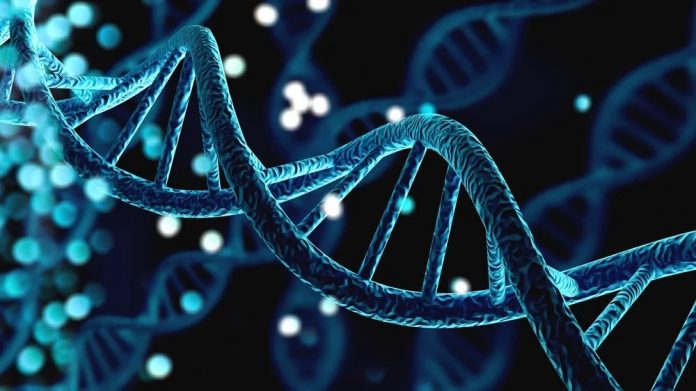According to the field of epigenetics, while our fundamental DNA patterns remain the same, our distinct environmental influences and unique experiences can turn our genes on and off. This has crucial implications for the field of psychiatry, since it applies with undiminished force to those genes influential in determining our personality types and behavioral dispositions. Below are some fascinating examples of this dynamic:
Long-term heroin abusers show differences in small chemical modifications of their DNA and the histone proteins attached to it, compared to non-abusers. These differences could account for some of the changes in DNA/histone structures that develop during addiction, suggesting a potential biological difference driving long-term abuse versus overdose
Male rats exposed to cocaine may pass epigenetic changes on to their male offspring, thereby altering the next generation’s response to the drug. Researchers found that male offspring in particular responded much less to the drug’s influence
Drug addiction can remodel mouse DNA and chromosomal material in predictable ways, leaving “signatures,” or signs of the remodeling, over time. A better understanding of these signatures could be used to diagnose drug addiction in humans















